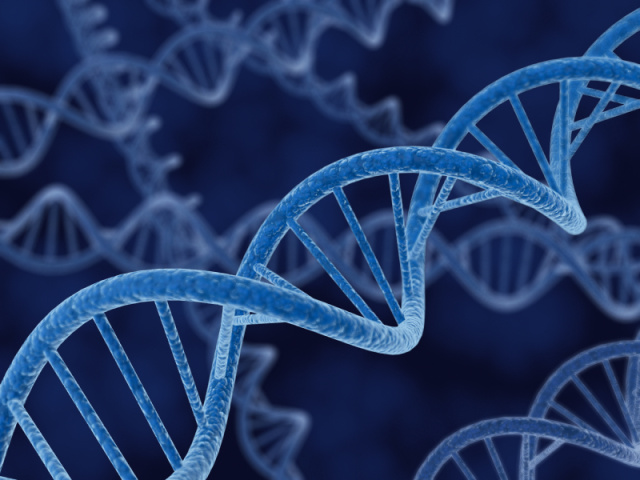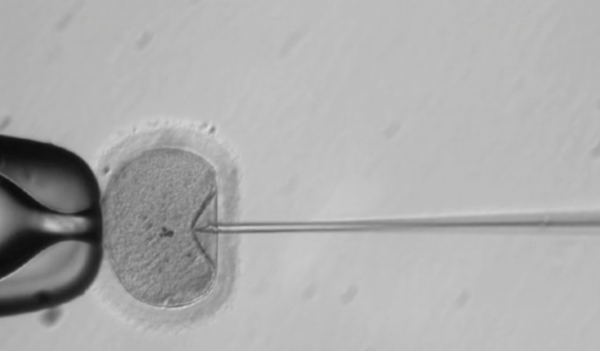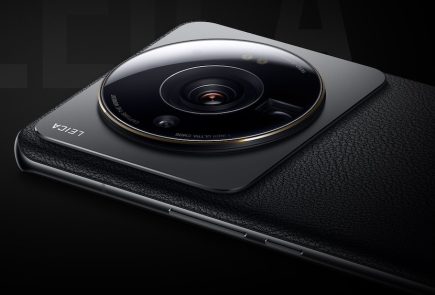Human Embryos Edited For The First Time In The US-Using CRISPR

A new era of genetically modified humans may arrive sooner than we expected. Recent reports show that researchers in the US have been successful in their first attempt at creating genetically modified human embryos. This research was carried out by a team in Portland, Oregon. Scientists used a gene altering tool called CRISPR to edit the DNA of viable human embryos.

Source – MIT Technology Review
The yet to be published research was led by Shoukhrat Mitalipov of Oregon Health and Science University. According to reports, the research included fertilising donated human eggs with sperm carrying inherited diseases. The team used CRISPR to correct the disease-related mutations and allowed the embryos to develop for a few days. The reports state that a series of tests resulted in embryos accepting the desired genetic changes in the majority of their cells with minor errors.
This is not the first time human embryos have been edited. China has also experimented on altering the human embryos using CRISPR.
Considering the NIH’s (National Institutes of Health) ban on using gene-editing technologies in human embryos, this research of editing viable human embryos can be termed controversial. However, in February, a committee created by the National Academy of Sciences and the National Academy of Medicine encouraged the use of genetic altering of human embryos in case of no “reasonable alternative” available.
The ability to edit human DNA can allow scientists to correct defective genes causing inherited diseases. It is also a big leap in the medical sector as the research may prevent incurable diseases or disabilities in new born babies.
Despite being a revolutionary breakthrough, this research may raise concerns regarding genetically modified humans. And though the DNA editing tool – CRISPR is extremely precise, it still has a long way to go. Few fear that the tool may pose danger of minor errors leading to permanent problems. Also, many skeptics question the power of making genetic tweaks in a human due to ethical reasons.
CRISPR engineered humans may still be a far fetched dream, as according to the research, the embryos were developed for a few days and were not implanted. Without implantation, embryos cannot develop into babies. This raised questions about the “ground breaking” research. Many believe that the real breakthrough will be when the scientists will actually be able to develop a genetically modified human being.
Regardless, the research shows how far gene editing has come. It may not be long before the concept of customised designer babies becomes more than just a theory.






















